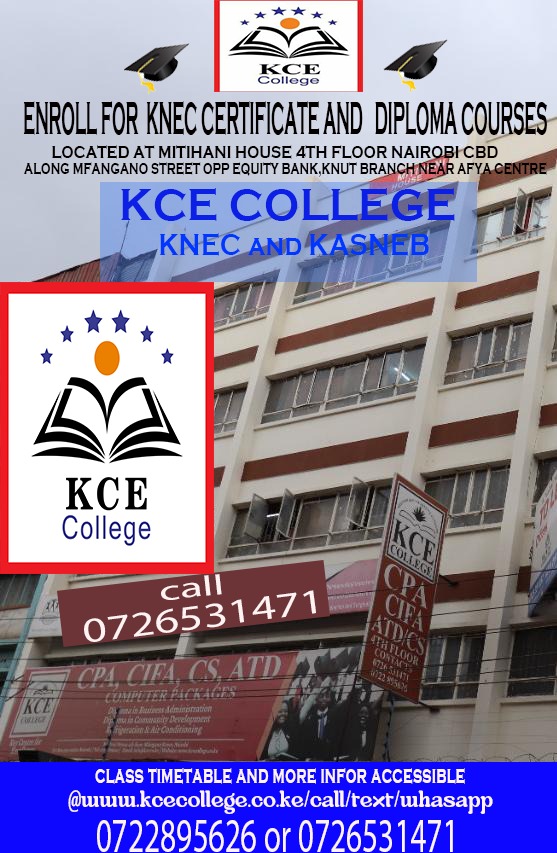Table of Contents
Management in Procurement and Supply
1.0 Understand, analyse and apply management and organisational approaches
1.1 Analyse aspects of organisational behaviour
- The behaviour of people
- The process of management
- The organisational context in which the process of management takes place
- Organisational metaphors
- The psychological contract: individual and organisational expectations
- Interactions with the external environment
1.2 Analyse contemporary approaches to management and organisational behaviour
- Approaches such as:
- Organisations as a ‘socio-technical’ system
- The systems approach to organisational behaviour
- The contingency approach
- Postmodernism in organisations
1.3 Analyse the origins of management and organisational behaviour
- Classical approaches to organisational behaviour and management
- The development and application of scientific management
- Bureaucracy in organisational design and structure
- The human relations approach
1.4 Evaluate influences that shape organisational behaviour
- The individual
- The group
- The organisation
- Societal influences and the wider environment
- The cultural environment and methodologies for assessing cultural types
2.0 Understand and apply approaches to managing individuals involved in the procurement and supply function
2.1 Analyse how the different behavioural characteristics of individuals can impact on their management style and approach
- Understanding the differences among individuals
- Uniqueness and similarities between individuals
- Idiographic approaches to the development and measurement of individuals
- Emotional intelligence
- Diversity in organisations
- Managing diversity
- Emotional Intelligence – use emotional information to guide thinking and behaviour, and to manage and/or adjust emotions
2.2 Examine how the different learning styles of individuals can impact on their management style and approach
- Learning as a formal and spontaneous process
- Explicit and tacit knowledge
- Cognitive theories of learning
- Approaches to knowledge management
2.3 Differentiate between the approaches to motivation in the management of individuals
- Approaches such as:
- The meaning of motivation
- Extrinsic and intrinsic motivation
- Frustration induced and constructive behaviours
- Content theories of motivation
- Process theories of motivation
- Equity and goal theories of motivation
2.4 Analyse the major factors that can influence job satisfaction among individuals
- The dimensions of job satisfaction
- Alienation at work
- Approaches to job design, enlargement and enrichment
- Flexible working arrangements
3.0 Understand and apply approaches to managing work groups or teams involved in the procurement and supply function
3.1 Examine the impact of work groups or teams on effective and efficient performance
- Groups, teams and teamwork
- Group values and norms
- Formal and informal groups
3.2 Analyse the stages of development of work groups or teams
- Reasons for the formation of groups/teams
- The work environment: size of the group, capability of the members, the nature of the task, physical setting, communications and the use of technology
- Theories on the stages of group/team development
3.3 Assess the characteristics of effective work groups or teams
- Characteristics of an effective work group
- Perspectives on team roles
- Stages of group dynamics and development
- Self-managed work groups/teams
- Virtual teams and remote working
- The benefits of cultural diversity
3.4 Analyse the nature of role relationships in work groups or teams
- The stakeholders of a procurement and supply function
- Role congruence and incongruence
- Intra group/team cohesion and conflict
- Positive and negative outcomes from conflict
- Behaviours to reduce conflict
- Developing effective groups/teams
- Relationship building based on different individual strengths
4.0 Understand and apply planning approaches for aspects of human resource management for the procurement and supply function
4.1 Define the role of human resource management in organisations
- Definitions of human resource management (HRM)
- HRM policies, activities and functions
- HRM as a shared organisational responsibility
4.2 Examine the skills and knowledge requirements for personnel in the procurement and supply function
- Job analysis and job skills
- Identifying knowledge and skills for roles
- Human capital management
4.3 Identify the key components of a recruitment and selection plan to meet the skills and knowledge needs of the procurement and supply function
- Drafting job descriptions
- Screening and assessing candidates to meet requirements
- The interview process
- The use of IT software solutions in recruitment
- The regulatory aspects of the employment of personnel in the procurement and supply function
- Forms of discrimination and harassment
- Legislative regulation on employment practices
4.4 Identify a plan for training and development of personnel in the procurement and supply function
- Cost and benefits of training
- Methods, delivery and evaluation of training
- Training needs analysis
- The application of personal development plans
- Performance review and appraisal
5.0 Understand the application of the individual capabilities required to manage the procurement and supply function
5.1 Examine self-development techniques that can be used to improve individual performance
- Learning from mistakes
- Seek and accept feedback from others
- 360 degree reporting
- Maintain, promote and monitor personal and professional honesty and integrity
- Managing up and coping with senior colleagues
- Emotional Intelligence – use emotional information to adjust emotions to adapt environments or to achieve individual goals
5.2 Examine organisational change and approaches to successful change management
- Recognise the need for change
- Understand and manage the strategic drivers for change
- Identify and minimise areas of potential conflict and/ or resistance
- Promote team involvement and collective ownership of change solutions
- Promote and maintain a positive individual and team attitude to the change process
5.3 Assess the requirement for and approaches to diversity in the workplace
- Maintain and promote best practice in valuing and respecting diversity
- Recognise the positive contribution that diversity can make to the work place
5.4 Assess the requirement for and approaches to equality in the workplace
- Maintain and promote best practice in valuing and respecting equality
- Recognise the positive contribution that equality can make to the work place

Share through
